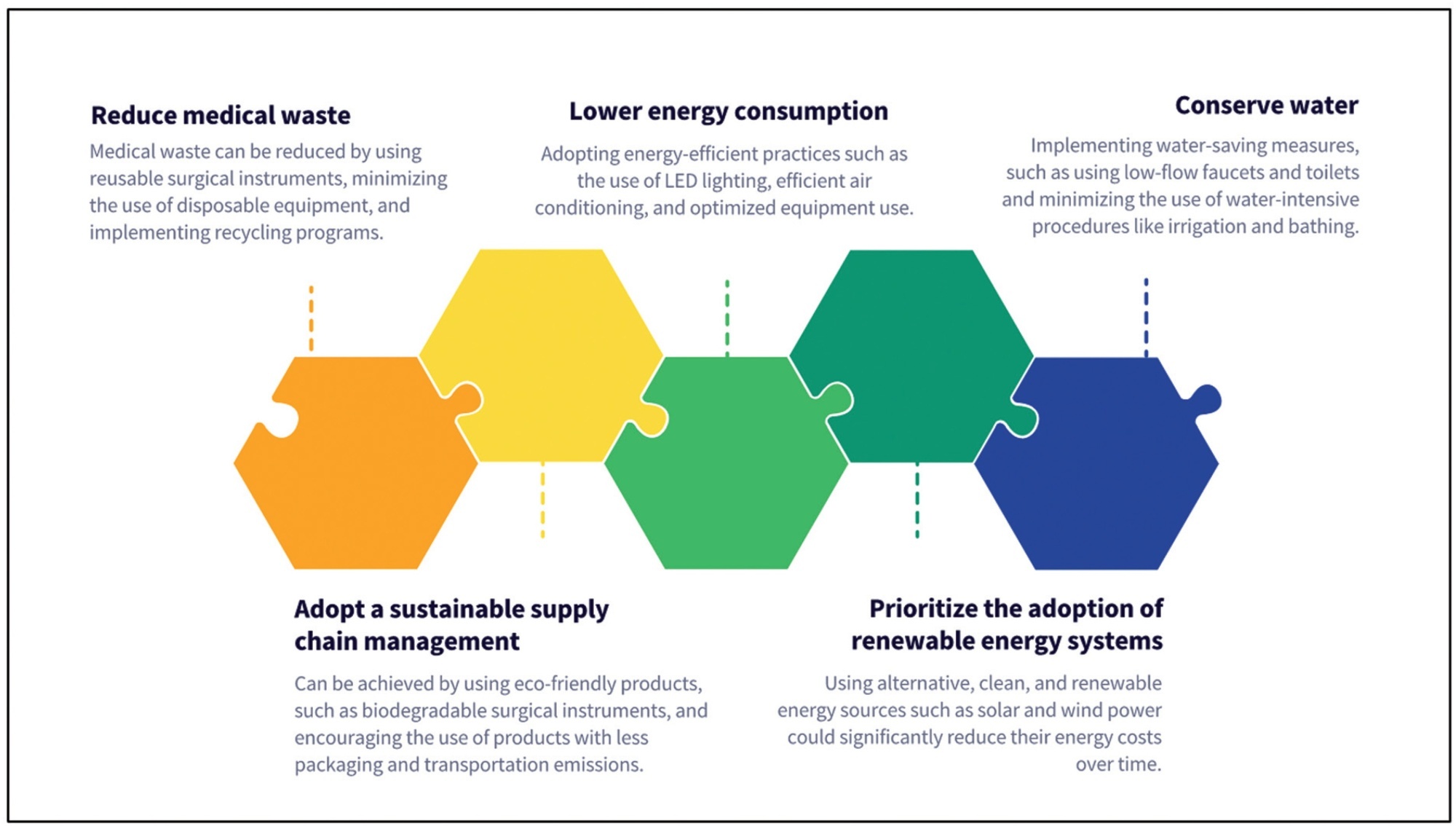Revista Brasileira de Ginecologia e Obstetrícia. 2023;45(8):435-438

The detrimental effects of climate change on global health and wellbeing have become increasingly apparent and concerning. According to the World Health Organization (WHO), climate change is projected to cause an additional 250,000 deaths per year between 2030 and 2050, due to malnutrition, malaria, diarrhea, and heat stress. Unfortunately, the healthcare sector also contributes to the problem, as it is a major source of greenhouse gas emissions, accounting for 4.6% of total emissions in 2017. The operating theater is one of the most energy-intensive areas within healthcare facilities, with energy consumption rates three to six times higher than those of other hospital areas., Medical waste production and the emission of harmful anesthetic agents during surgical procedures further exacerbate the environmental impact of healthcare.
To address these environmental issues, the concept of “green surgery” has emerged as a promising solution. Green surgery involves incorporating environmentally friendly materials and practices that conserve energy, reduce waste, and minimize greenhouse gas emissions, while still ensuring high-quality patient care., In this editorial, we aim to provide a comprehensive examination of the importance of green surgery, with a specific focus on its application in gynecological and obstetric surgeries. We will explore the benefits, strategies, and challenges of incorporating green surgery into surgical practices, and provide insights into its potential to reduce the environmental impact of surgical procedures and promote sustainability in healthcare.
[…]
Search
Search in:


Comments